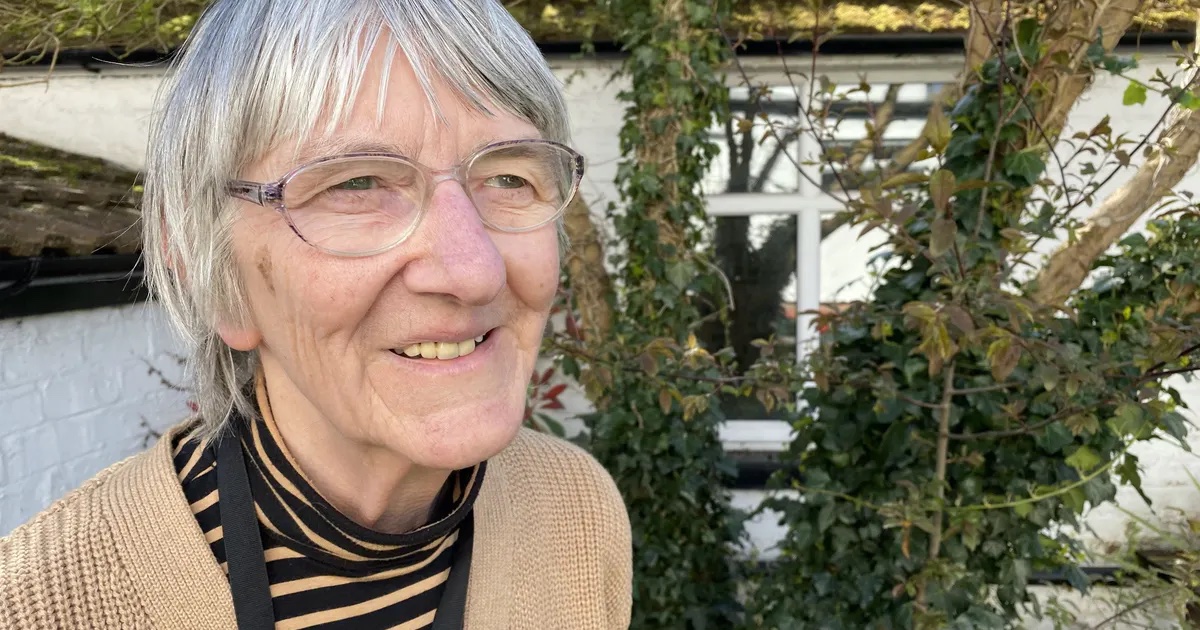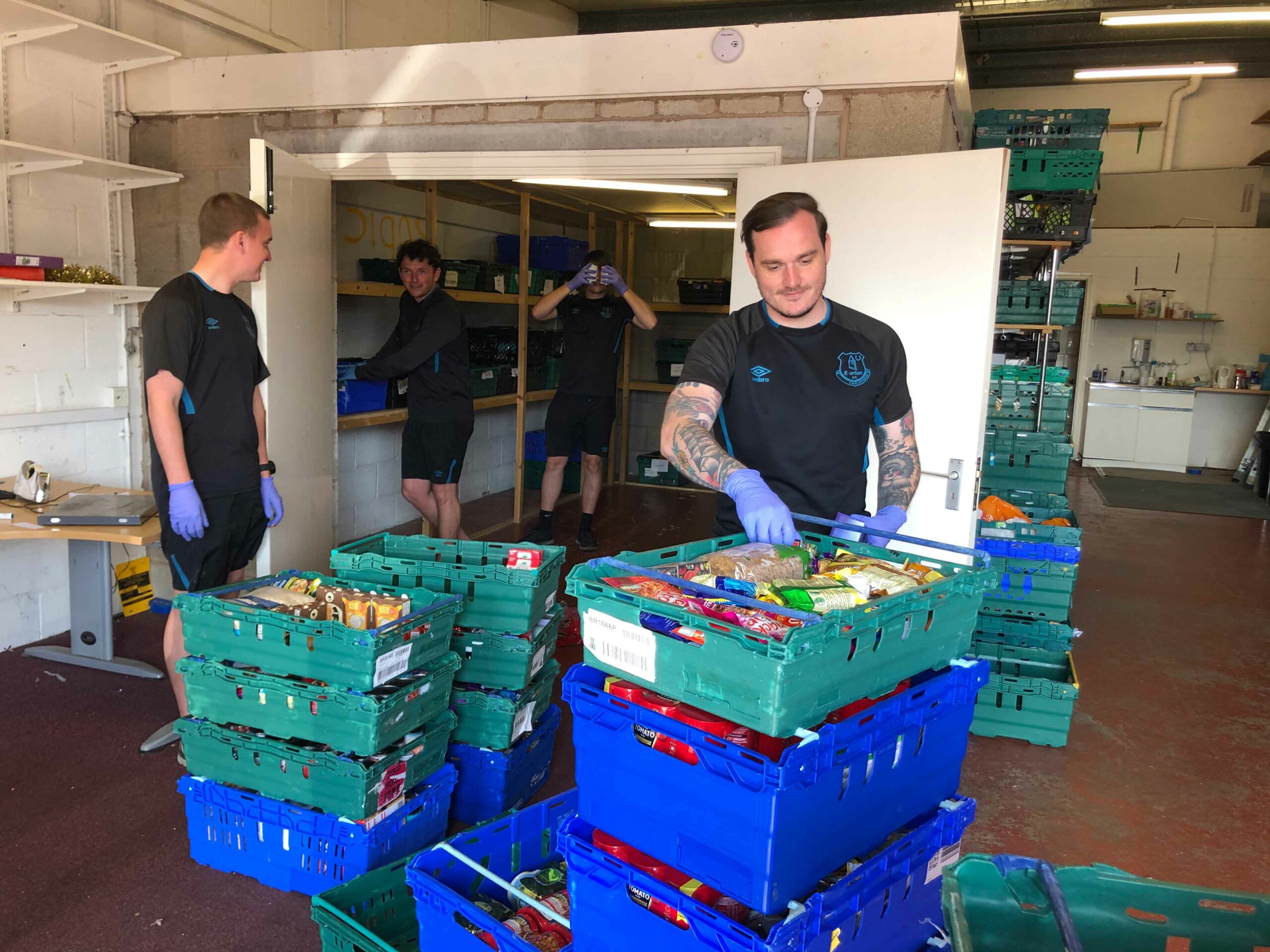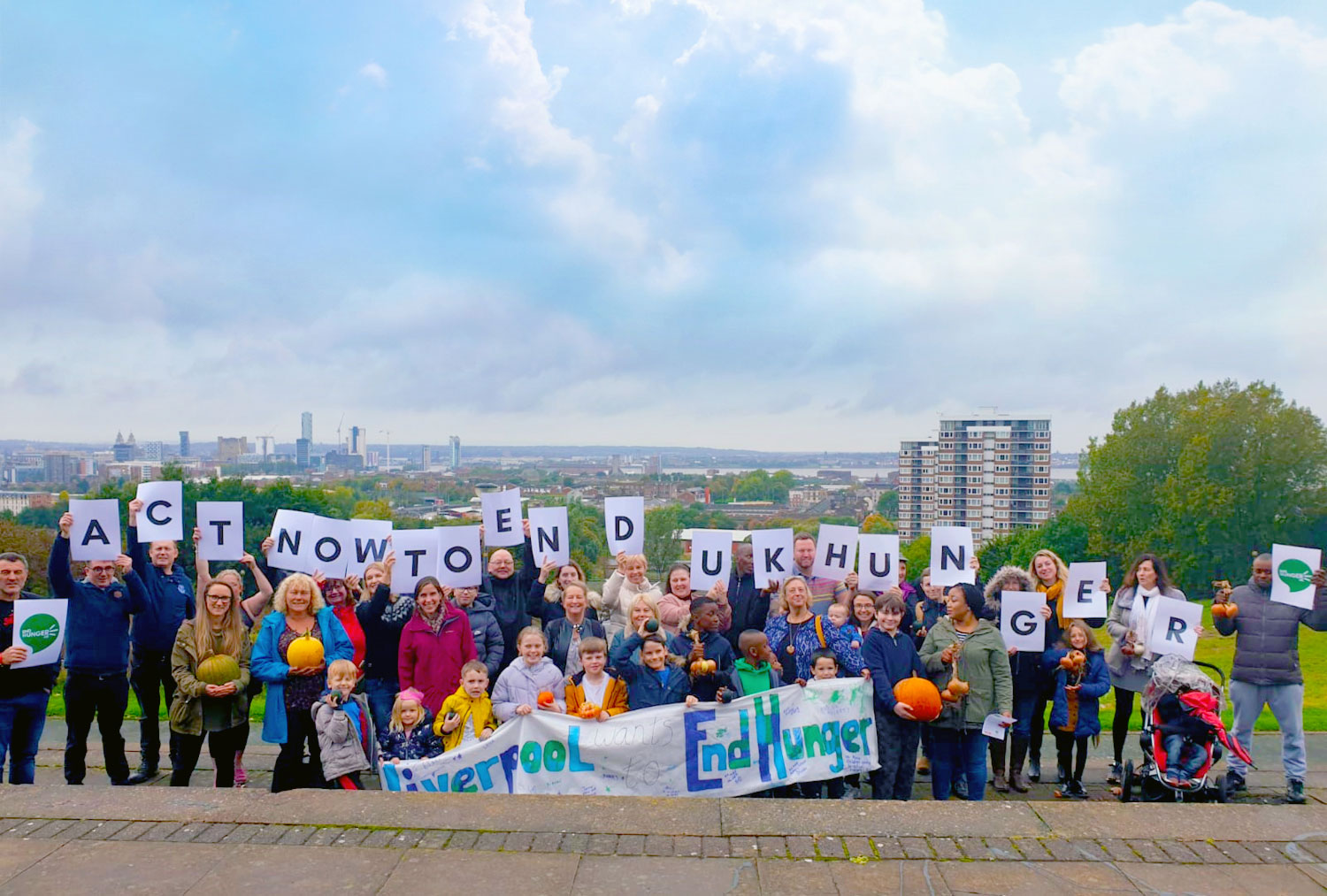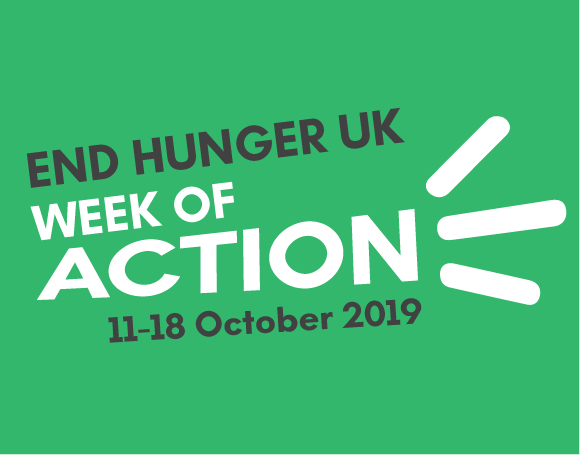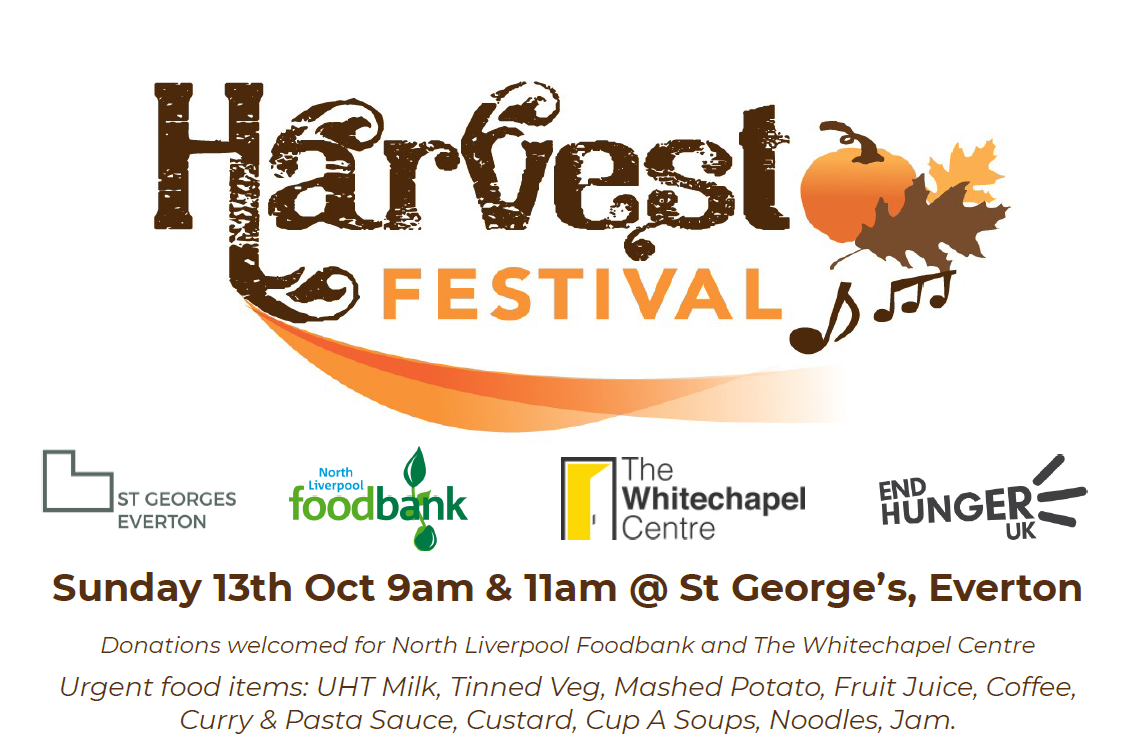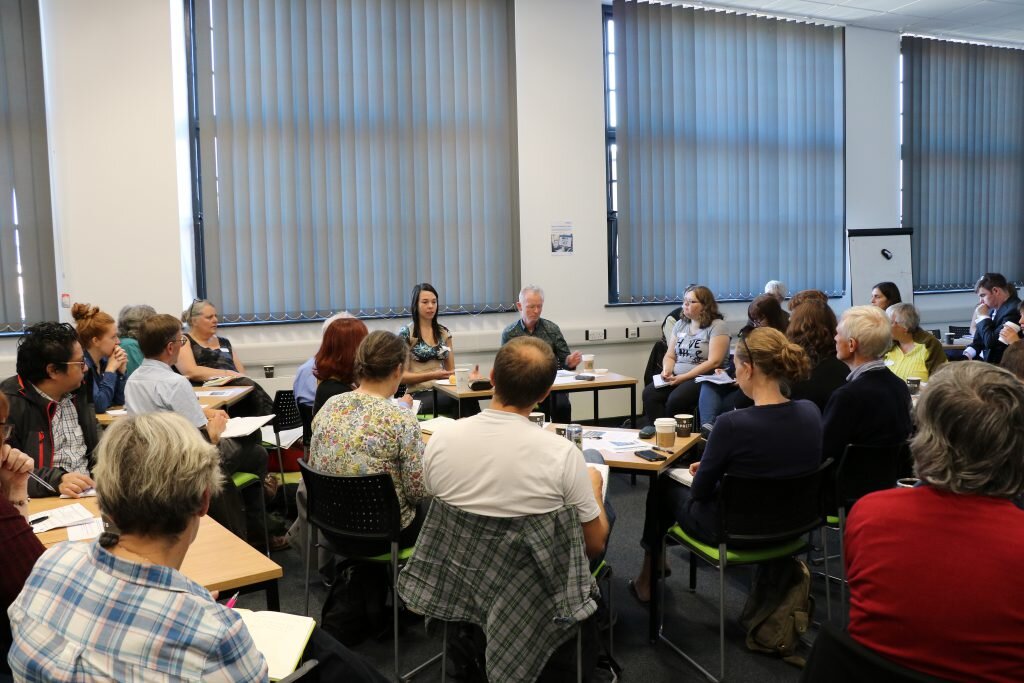Feeding Liverpool’s co-chair of trustees Dr Hilary Russell has been honoured with a community service award from the Archbishop of Canterbury.
Hilary, a founding member of Feeding Liverpool, is among 36 people recognised for outstanding contributions to the Church and wider society, in the Archbishop’s 2021 Lambeth Awards.
She has received the Langton Award for Community Service, in recognition of her: “exceptional work initiating and supporting the social justice ministry of the Church and the churches – particularly relating to sustainable and affordable food policy in Liverpool”
Hilary, who is a retired Professor of Urban Policy at Liverpool John Moores University, has spent the last 60 years dedicated to helping tackle social inequality through her academic career, Christian ministry and social action.
In her award citation Archbishop of Canterbury Justin Welby described Hilary as a ‘generous’, ‘courageous’, and ethical Liverpool civic leader.
The award citation reads: “Hilary is a humble woman who challenges injustice in ways that serve the common good.
“This is most evident in her work with Feeding Liverpool – where she leads the conversations around affordable and sustainable food policy; and as a trustee of Together Liverpool – which she served as Chair for many years and where she now represents the charity in local and national conversations concerning local issues, where she has made an outstanding contribution.”
Hilary said: “I am privileged to receive this award alongside such a wonderful cohort of inspirational people. It is also testament to the dedication, faith and generosity of many people I have been able to work with over the years as we strive to work towards a fairer society.
“I hope that it helps highlight issues of social injustice and the need for greater equality in the distribution of resources, and that it might encourage more people to use their gifts to find ways to get involved in social action to make a bigger difference in our communities.”
Interviewed recently by Together Liverpool about the award Hilary said:
“As elsewhere in Britain, there are people struggling on low incomes, whether it’s those with no recourse to public funds, those whose benefits are inadequate, or those who are employed getting too low a wage to afford sufficient food. There are also issues about access to affordable healthy food.
“An important part of the work of both Together Liverpool and Feeding Liverpool is about moving on from emergency food provision to supporting the development of more resilience and sustainable solutions to food insecurity, like pantries and community shops. I am very encouraged by the work that is happening in Liverpool.
“Feeding Liverpool is at the heart of a huge effort in the city with the public sector working with Voluntary, Community and Faith Sector partners to develop a strategic plan of activity.
“It has been heartening to see the wider benefits of the food work done by Feeding Liverpool and all its partners – not just helping food to reach the people who need it most, but also fostering a real sense of community and bringing people together – in a properly socially distanced way!
“It‘s not only about food, but also about supporting people experiencing financial insecurity, with activities like welfare advice, debt counselling, homelessness provision. In all these areas, churches are very much a part of the response to social injustice.”

